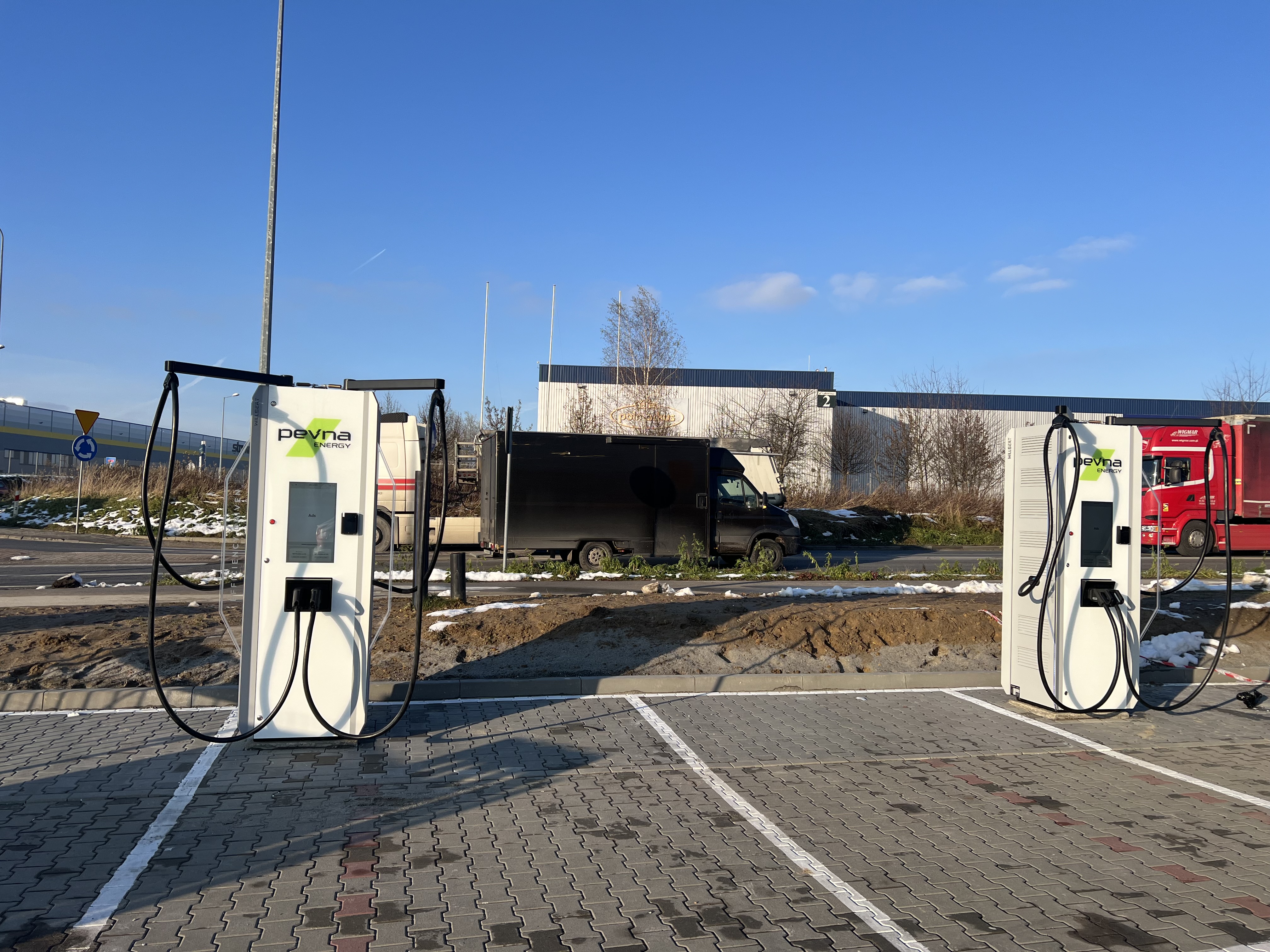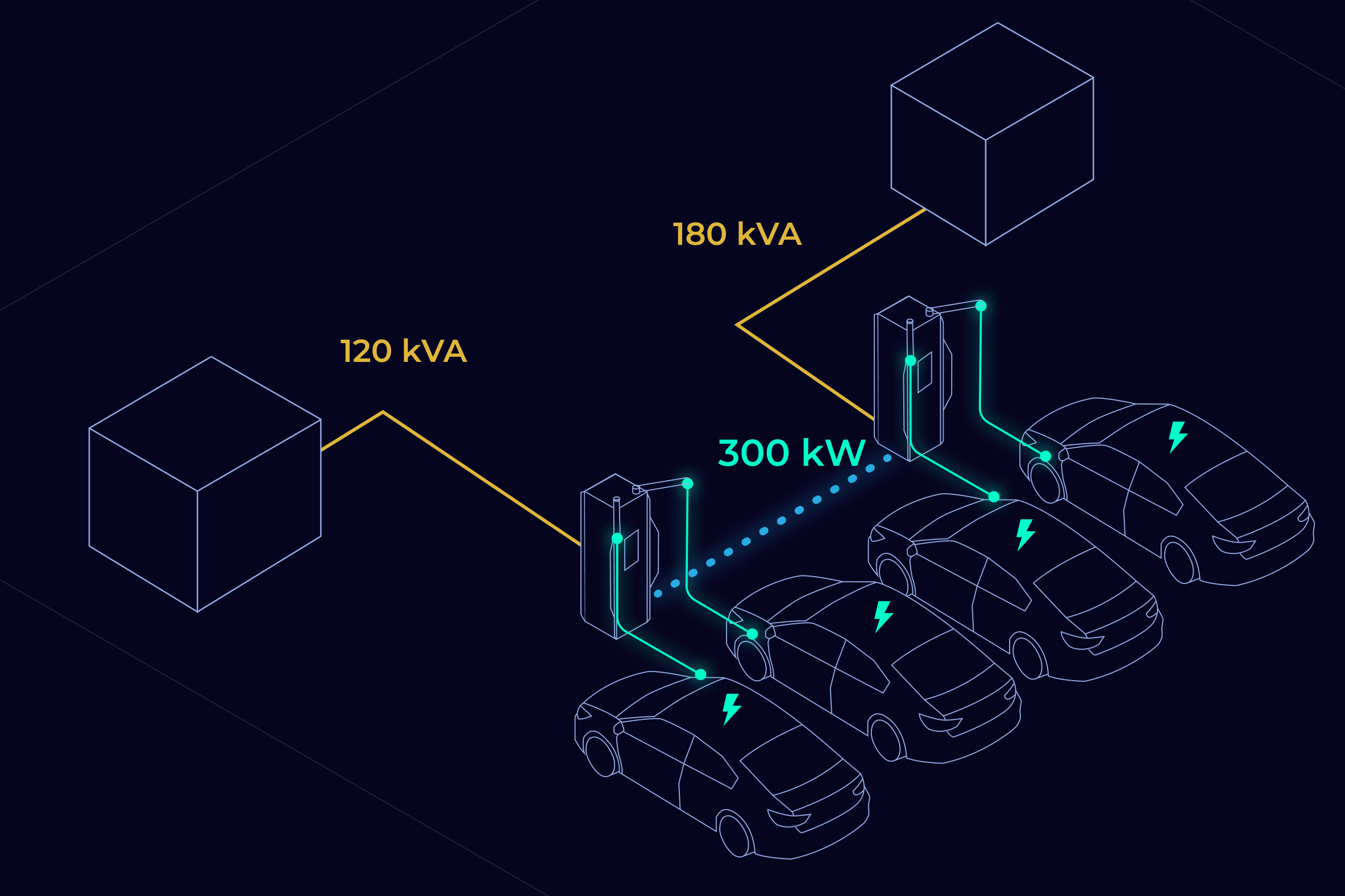How WILLBERT and Orlen VC Are Building the Future of Ultra-Fast Charging in Poland. Podcast Summary

In the latest episode of “We Did It in Poland,” Olga Kozierowska sits down with our Marek Gutt-Mostowy, and Marek Garniewski, CEO of Orlen VC. Their candid conversation sheds light on the realities of building innovative solutions in Poland — and how to take them global.
The Landscape for Innovation in Poland
The discussion opens with an honest look at what young Polish tech companies face when trying to scale. While Poland has long had strong technical talent, systemic challenges persist — especially around access to venture capital, limited sales know-how, and early-stage ecosystem maturity.
“We’ve always had outstanding human capital. But the success stories happen abroad — and so do the profits.”
— Marek Gutt-Mostowy
The current venture landscape has shifted, with early-stage VC drying up and many funds turning to more mature, private equity-style investments. As a result, Polish founders often skip the domestic market entirely — incorporating abroad and looking elsewhere for capital and traction.
“We need to create the conditions so that ambitious Polish founders build and stay in Poland, not leave the moment success begins.”
— Marek Gutt-Mostowy
A Rare Success Story: WILLBERT by EUROLOOP and Orlen VC
The story of EUROLOOP and Orlen’s collaboration is positioned as a rare but replicable case of innovation meeting institutional support. The partnership began in 2019 as part of a public acceleration programme — where EUROLOOP piloted its first ultra-fast charger with Orlen.
Despite a successful test, commercial momentum was slow. To survive, Euroloop had to seek traction in foreign markets like Belgium. That meant proving not only the performance of their chargers but also their ability to solve problems faster than established global players.
“We delivered a charger with better efficiency and higher output — something others couldn’t match. That gave us a way in.”
— Marek Gutt-Mostowy
Eventually, Orlen VC saw the potential and invested. But even then, both sides acknowledge the long timelines, rigorous testing, and cultural fit required for a startup to engage with a large enterprise.
“Startups often only have funding for 12 months, yet working with a corporate can take years. That tension is very real.”
— Marek Garniewski
Hardware is Hard — and Takes Time
Unlike fast-scaling software products, building physical infrastructure is slow and capital-intensive. EUROLOOP had to invest years into R&D, certifications, hardware supply chains, and real-world deployment before commercial validation could occur.
“If we were reacting to the market, we’d be too late. We have to stay ahead — but not too far ahead.”
— Marek Gutt-Mostowy
The conversation underscores that deep tech takes time — and investors, corporates, and the ecosystem must account for that. The partnership with Orlen shows that even large, risk-averse organizations can find value in early collaboration if the innovation is meaningful.
What’s Next: From Charging to Experience
Electromobility is evolving rapidly. In more mature markets like Norway or the Netherlands, the race is no longer about charging speed — it’s about user experience and monetization of charging time.
One challenge retailers face is that EV drivers don’t leave their vehicles, which reduces in-store revenue from convenience products and food. This changes the business model for roadside retail.
“Non-fuel margin makes up 30% of station profits. We have to find ways to engage EV drivers differently.”
— Marek Garniewski
Educating the Market
Both guests point out that public awareness remains low. Most users don’t understand how EV charging works or what it costs. Unlike fuel, where pricing is transparent and predictable, electricity pricing is complex and varies by charging method, speed, and location.
“People know the price of a liter of petrol. But no one knows what a kilowatt-hour really costs.”
— Marek Garniewski
WILLBERT’s goal is to solve this issue by user-friendly and transparent direct payment system by bank cards.
Final Takeaway
The EUROLOOP–Orlen story is a rare but encouraging case of how Polish innovation can thrive — with the right support, perseverance, and strategic vision. For more companies to follow suit, Poland needs a stronger bridge between talent, capital, and commercial application.
“Nothing happens by luck. We built this step by step — and we’re just getting started.”
— Marek Gutt-Mostowy



